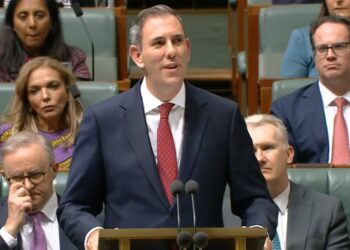According to the firm’s latest Insights blog, a number of super funds fall short of having income-protection insurance that is “adequate” and provided at a “reasonable” cost.
Most levels of cover are generally short-term (benefit periods of 2 years) and the sums insured don’t provide full replacement of income, yet without the cover offered through their super funds many Australians would have no cover at all, Rice Warner said.
The firm adds that superannuation funds have little knowledge of their members’ current and changing personal circumstances, which is necessary when determining how much income-protection cover is needed.
According to the firm, tools like online calculators can only go so far in educating members and funds need to be smarter about segmenting members and tailoring the cover to different groups, as well as encouraging members to seek advice about their income protection needs.
“Funds can place more emphasis on educating and advising members, including through fund advisory groups, about how much income-protection cover is needed for their circumstances,” the firm said.
“The reality is that income-protection insurance is difficult to offer efficiently within superannuation.
“The high cost of providing adequate level of cover means superannuation funds have to try to find the balance between offering an acceptable degree of cover without diminishing retirement benefits.”
“High net worth Australians can afford to buy this insurance outside superannuation,” the firm added.
“Benefits from income-protection cover only apply to members still working as a means to replace income, meaning that members who are temporarily off work through unemployment or maternity leave are paying for the minimum cover without a potential benefit.”
“Usual limit of income-protection benefits to 75 per cent of salary (plus SG contributions) means that members who have cover elsewhere … or receive Workers’ Compensation benefits may have paid for cover yet be ineligible to receive all the benefits.”
Rice Warner said encouraging members to obtain advice about their income-protection needs is likely to have the additional benefit of more members seeking holistic advice regarding their overall circumstances.



